Introduction:
London’s historic charm and modern living come with a set of regulations that every homeowner should be aware of, particularly when it comes to water usage and plumbing systems. Water regulations are in place to ensure safety, hygiene, and the efficient use of this precious resource. In this guide, we’ll explore what London homeowners need to know about these regulations to maintain a compliant and smoothly running household.
1. The Water Supply (Water Fittings) Regulations 1999:
These regulations govern how water fittings and appliances should be installed and used in London homes. They cover everything from taps and showers to water tanks and toilets. Compliant installations are essential to prevent water wastage, contamination, and other plumbing issues.
2. Backflow Prevention:
London’s water regulations place significant importance on preventing backflow, which is the unwanted flow of water back into the mains supply. Devices like check valves and air gaps are required to prevent contamination, particularly in situations where water may be drawn from containers or systems that aren’t part of the mains supply.
3. Water Efficiency:
London’s water regulations encourage water efficiency, especially in a city where water supply can sometimes be a concern. Homeowners should look for water-efficient appliances, such as low-flow toilets and taps, and consider rainwater harvesting systems to reduce water consumption.
4. Water Quality:
Maintaining water quality is paramount. Regulations cover the materials used in plumbing systems to ensure they don’t contaminate the water. Additionally, water treatment and testing are crucial to meet safety standards.
5. Professional Installation and Repairs:
Homeowners should hire qualified professionals for plumbing installations and repairs. Regulations stress the importance of using accredited plumbers to ensure that work is carried out to the required standards. Should you need immediate help you can call on 0800 Homefix who cover the whole of London.
6. Notifications and Approvals:
Certain plumbing work may require approval and notification to the local water authority. It’s essential to be aware of these requirements and comply with them.
Conclusion:
London’s water regulations are in place to safeguard the quality and sustainability of the city’s water supply. As a homeowner, being aware of and compliant with these regulations is essential not only to avoid legal issues but also to contribute to water conservation efforts in the city.
For more detailed information on London’s water regulations, homeowners can refer to the Thames Water official website. As the largest water and wastewater services company in London, Thames Water provides valuable resources and insights into water regulations, compliance, and water conservation efforts in the region. Their website offers a wealth of information to help London homeowners understand and adhere to local water regulations, ensuring safe and responsible water usage in their homes.

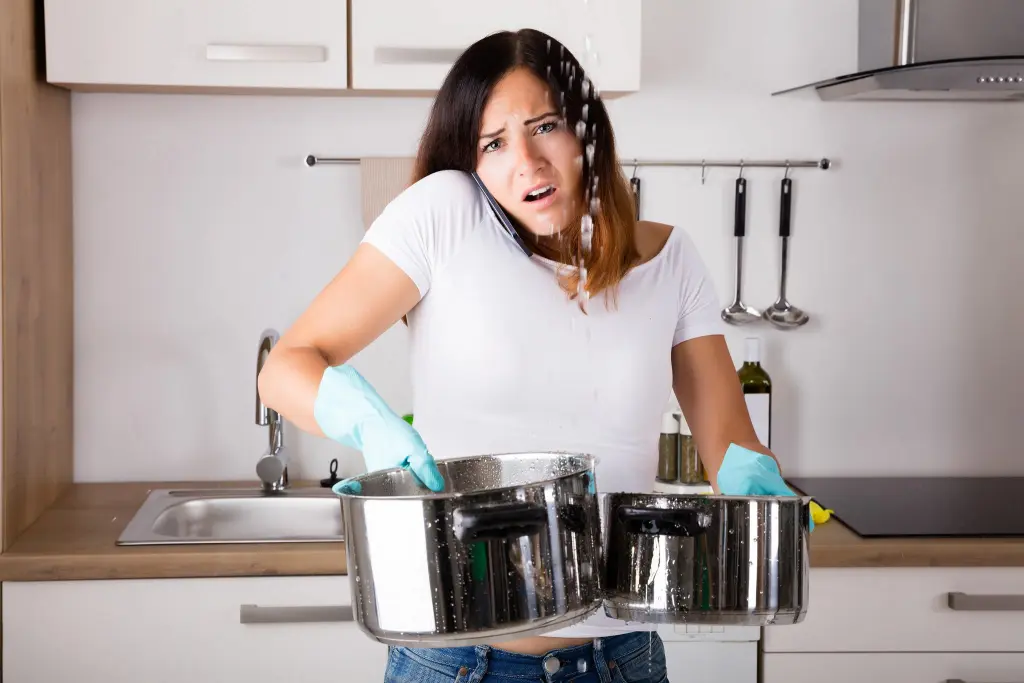
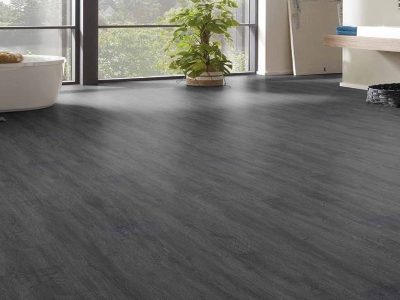

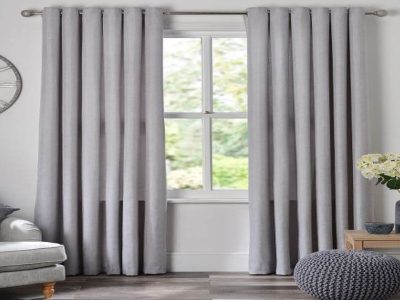
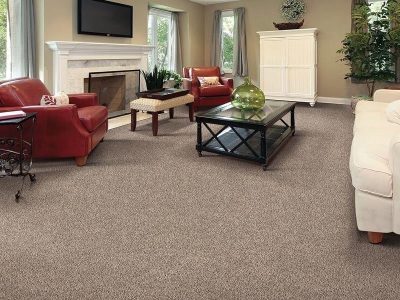
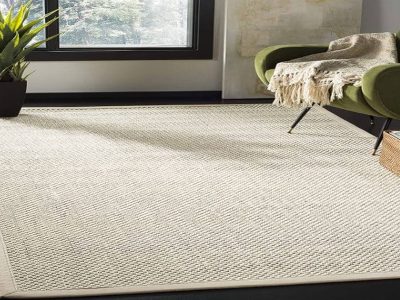

Comments